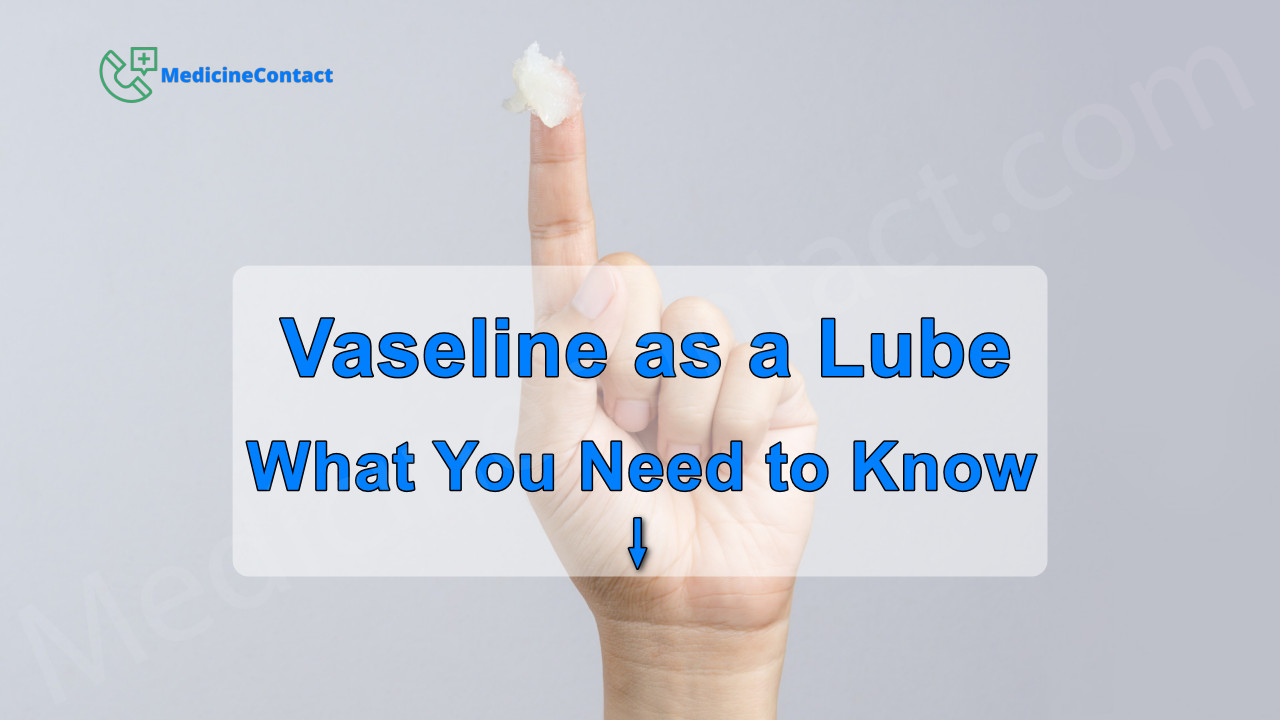
Vasectomy vs. Tubal Ligation: Understanding the Differences
For couples seeking out permanent contraception, two of the most common procedures are vasectomy for men and tubal ligation for women. But what exactly is the difference between getting a vasectomy versus tying tubes? Both prevent future pregnancies but have some contrasts in how they work.
What Is a Vasectomy?
A vasectomy is a procedure done on men that blocks sperm from reaching seminal fluid. This has a permanent contraceptive effect.
During a vasectomy, the vas deferens tubes that carry sperm from the testicles are cut and sealed. This prevents sperm from being ejaculated with semen during orgasm.
With the seminal fluid then sperm-free, pregnancy cannot occur through sexual intercourse. Men can still achieve erection and climax after a vasectomy, but cannot impregnate a female partner.
What Is Tubal Ligation?
Tubal ligation, often referred to as "getting your tubes tied," is the female equivalent of vasectomy. But instead of cutting the tubes carrying sperm, this surgery blocks or seals off the Fallopian tubes.
These tubes normally allow eggs from the ovaries to reach the uterus. When they are closed off, sperm and eggs can no longer meet to combine into an embryo.
There are a few approaches to tubal ligation. Small clips or rings can seal the tubes. Partial tube removal is also an option. But in all cases, it permanently prevents pregnancy like a vasectomy.
How Do the Procedures Compare?
When weighing vasectomy against tubal ligation, men and women should understand the key similarities and differences of each sterilization method.
General Effectiveness
Both vasectomy and tubal litigation provide reliable long-term contraception in nearly all patients. Failure rates are very low - less than 1% for each surgery.
In rare cases, tubes can reconnect on one or both sides. Using cutting/cauterizing both severed vas deferens or Fallopian tube ends minimizes failure risk.
Reversibility Potential
Tubal ligation reversal requires reconnecting the sealed or cut Fallopian tubes - a complicated microsurgery. Success rates vary by age and tube damage.
Reversing a vasectomy has better outcomes overall, by rejoining the cut vas deferens tubes that carry sperm. Still, neither recreanalization procedure has guaranteed results.
So while technically "permanent," some sterilization reversals are possible for both genders. But significant costs, limited insurance coverage, and low pregnancy success make reversals an unsure option.
Outpatient Procedures
Nearly all vasectomies and tubal ligations take place in outpatient settings rather than hospitals. Patients go home shortly after the surgery.
However, tubal litigation is still generally a more complex gynecological procedure versus a simpler urological one like vasectomy. It usually involves general or regional anesthesia rather than local numbing.
Accordingly, recovery time is shorter for vasectomy patients - often just one or two days of limited activity compared to up to a week with tubal ligation.
Surgical Approaches
There are a few options to permanently cut or block the vas deferens during vasectomies. The no-scalpel technique requires no incision - just a small puncture hole.
Tubal litigation also offers minimally invasive alternatives to open abdominal surgery, such as falloposcopy. This inserts temporary micro-inserts via the cervix to block Fallopian tubes.
Discussing the upsides and downsides of each approach with your doctor is essential to choose the optimal procedure.
Additional Contrasts Between the Surgeries
Beyond basic contrasts in surgical goals and methods, further impacts of vasectomy versus tubal ligation differ in noteworthy ways as well.
Cost Comparison
In general, female sterilization costs more upfront than having a vasectomy. But with tubal litigation classified as contraception, the Affordable Care Act mandates it as a covered women's preventive service.
So if you have a qualifying health plan, tubal ligation should come with no out-of-pocket costs. Vasectomies garner no such waiver - patients must pay deductibles and coinsurance.
Failure Psychology Impacts
An unsuccessful vasectomy rarely stirs up major drama. Some disappointment results from unexpected pregnancies, but few blamegames erupt.
However, post-tubal ligation pregnancies provoke more upheaval. Hormonal emotions and suspicions of cheating often emerge in couples - straining relationships.
Counseling helps mitigate negative repercussions whenever sterilizations fail despite responsible adherence from both partners.
Sexual Function and Sensation
A little-known fact is that pregnancy protection rates have no relation to sexual satisfaction rates after sterilization by either method.
In extensive studies, men reported no post-vasectomy decline in sex drive, erection capability, climax quality, or pleasure. The same held for women after tubal ligation - no increases in sexual problems.
So neither surgery negatively impacts the abilities to enjoy intercourse, intimacy and orgasm as before. Protection from pregnancy simplifies sex more than anything.
Which Is Right for You?
Choosing between vasectomy or tying tubes comes down to personal preference within a partnership. There are no absolute musts dictating which gender should undergo sterilization.
Factors Promoting Tubal Ligation
Reasons a woman may opt for tubal ligation over their male partner getting a vasectomy include:
- Covered 100% under the Affordable Care Act
- Minimally invasive, outpatient options
- Preference for gynecologists over urologists
- Prior abdominal surgeries make it simpler
Reasons Leaning Toward Vasectomy
On the other hand, considerations favoring a vasectomy decision include:
- Shorter, easier recovery period
- Lower comparative cost if insurance doesn't cover tubal ligation
- Reversal success rates are better
Discuss all pros, cons and uncertainties couples have about permanent sterilization procedures. When both partners participate fully in the decision without pressure, positive outcomes result.
FAQs
Which sterilization surgery is more effective?
Vasectomy and tubal ligation have very similar and reliable effectiveness rates of over 99% for preventing pregnancy permanently. Failures are rare for both procedures.
Can a vasectomy or tubal ligation be reversed?
It is sometimes possible to reverse either surgery, but limited success rates, high costs, and lack of insurance coverage make reversibility an uncertain prospect. So sterilizations should still be considered permanent.
Is sexual satisfaction impacted after these surgeries?
Extensive research reveals no declines in sexual function, libido, or enjoyment for either gender after sterilization. Vasectomies and tubal litigation do not reduce capability for or pleasure from sex.
What are the main contrasts in the surgeries?
Key differences lie in complexity of surgery, recovery periods, costs & insurance coverage contrasts, and psychological implications surrounding accidental pregnancies after presumed sterilization.
Disclaimer: This article is for informational purposes only and does not constitute medical advice. Always consult with a healthcare professional before starting any new treatment regimen.




